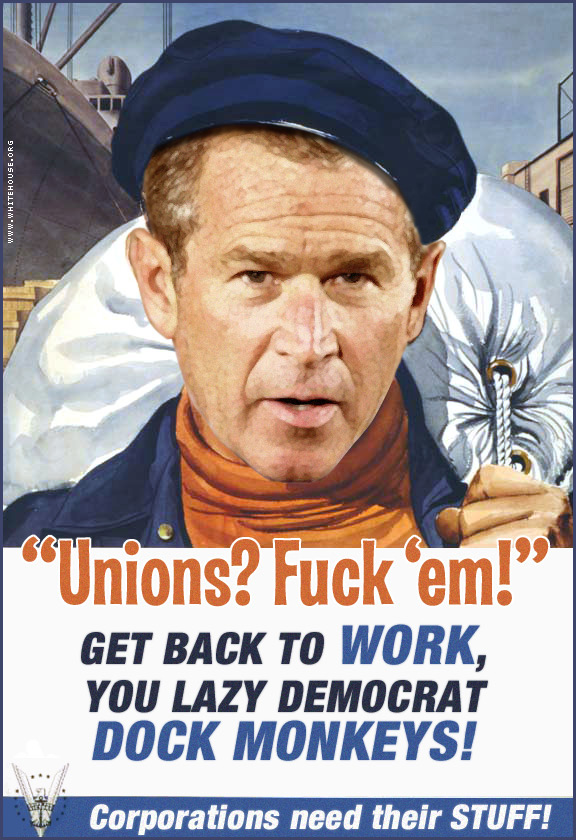This "Fuck the poor" mentality that continues to grow is horrifying.
And That s a Wrap....the Failed Experiment in Kansas Continues Tax Justice BlogThe drama that ensued over the last few weeks in Topeka is the stuff of telenovelas. Kansas Gov. Sam Brownback got emotional when urging lawmakers to vote for a sales tax hike, even calling legislators from the hospital where his granddaughter was just born. Staunch anti-tax legislators broke their no new taxespledge. Lawmakers accused the governor of blackmail, and the legislative session went on for an extra 23 days.
In the end, many Kansans will pay more in taxes due to an increase in sales and cigarette taxes, a freeze in income tax rates and limits for itemized deductions.

But every good soap opera deserves a twist. It’s well known that these tax increases were precipitated by irresponsible, top-heavy tax cuts championed by Gov. Brownback and passed in 2012 and 2013. An ITEP analysis of all Kansas tax changes over the last four years (including this year’s) found that the poorest 20 percent of Kansans, those with an average income of just $13,000, will pay an average of $197 more in taxes in 2015 as a result of the Gov. Brownback tax changes, and, even with the increases Gov. Brownback is expected to sign into law today, the richest 1 percent are still paying about $24,000 less.
Early on in his tax-cutting frenzy, the Governor offered that Kansas was a “real live experiment” for other states in terms of showing the positive impact of supply side economics. Those words have come back to haunt him and other supporters of trickle-down economic theories. If Kansas is an experiment, Friday’s vote makes it clear that the experiment failed.
One of the biggest and most regressive tax cuts included in the Governor’s 2012 tax cuts is its full exemption of non-wage business income. It’s the only state in the nation to fully exempt all pass-through business income. Lawmakers missed a real opportunity to fix this costly loophole. Instead, they approved a new tax on guaranteed payments to ensure that some tax on small business income is levied, but accountants can easily manipulate the books so their clients don’t pay this new tax.
Most importantly, Kansas’s tax changes, even the provision that allegedly exempts 380,000 low-income people from income taxes, will do nothing to alter the fact that the Sunflower State earlier this year earned a spot on ITEP’s “Terrible Ten” list because it has 9th most regressive tax structure in the country.
The tax bills that barely passed the Senate (and passed the House at 4 am that same morning) included the following:
The Kansas tax drama is over for the time being, but stay tuned. Chances are this soap opera will continue as lawmakers grapple with the impact of tax hikes in the context of unaffordable tax cuts.
- Income Tax Rate Freeze: Income tax rates were scheduled to fall to 2.3 and 3.9 percent, but the budget instead froze the rates at 2.6 and 4.6 percent
- Itemized Deduction Reform: The bill limits itemized deductions for mortgage interest and property taxes paid. This change is expected to generate $97 million in FY2016.
- Sales Tax Rate Hike: The sales tax rate (including groceries) increases from 6.15 to 6.55 percent. This rate increase is expected to bring in $164 million in FY2016.
- Cigarette Tax Rate Hike: The cigarette tax increases by $0.50 per pack to $1.29 beginning July 1. The tax hike is expected to generate $40 million in FY2016 and will almost certainly generate less in years to come.
- Low Income Exemption: Taxpayers with taxable income less than $5,000 ($12,500 for married couples) are exempt from paying the personal income tax.
- Guaranteed Payments: These payments, received from some types of pass-through business income, will now be taxed. This change is expected to bring in $23.7 million in FY2016.

